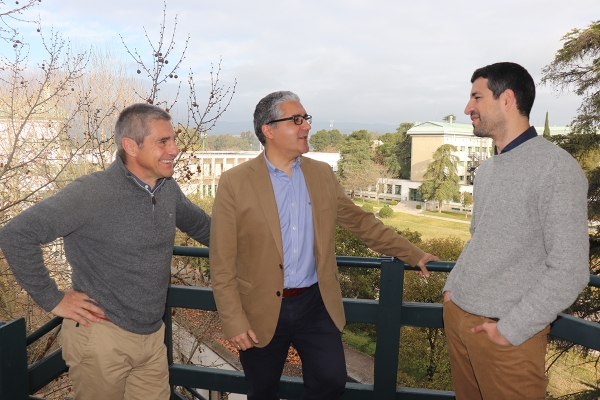Agrarian activity is of capital relevance to European society, although often this is not visible in macroeconomic indicators. Apart from food and other products that can be commercialised on the market, agriculture is responsible for generating other “goods” and “assets” that, although they cannot be priced or exchanged, are essential to the public.
Agriculture produces certain things that are difficult to quantify, such as biodiversity, landscapes, leisure options, and carbon dioxide capture. It also contributes to generate vitality in rural areas, which would be more depopulated if this activity ceased. Because of its characteristics, all these benefits can be considered public ones, and the fact that they have no price does not mean that they are not important.
Paradoxically, the agrarian systems that generate this series of public goods are those that most often suffer from problems of low profitability, which endangers their continuity and, therefore, the generation of these fundamental services. Given this situation, the EU's new Common Agricultural Policy (CAP) will continue to implement reform measures aimed at improving the provisioning of these goods, using, among other measures, payments for their provisioning.
This is where, precisely, PROVIDE comes into play, a research project in which the University of Cordoba has participated and which aims to provide tools for public administrations to support the smart provisioning of public goods and political decision-making for the valorisation of these "other" agrarian benefits.
According to Professor José Antonio Gómez Limón, one of the main authors of the study, "our clients are governments, since they demand information to make decisions more efficiently". To this end, the project, in which the researcher Anastasio Villanueva also participated, has carried out different studies to generate relevant information about the costs and benefits of these goods that fall outside the market.
Specifically, of the different agrarian systems relevant from the perspective of public goods, the group has conducted a case study of the mountain olive grove. Gómez Limón points out that one of the most important results has been the development of a concrete proposal for an environmental programme that, "with a budget similar to what is now being provided for this agrarian system, would allow farmers continue to obtain this help, but producing more public goods."
A European mapping of the supply and demand of different goods has also been carried out. In the case of Andalusia, it was found that there were certain points in the dehesa(wooded pasturelands) and mountain olive groves where these goods were produced at a higher-than-average level. These were places associated with extensive agriculture, and, as Villanueva indicates, with intensive systems, in which agricultural production is higher at the cost of a greater use of resources, such that "the opportunity costs are greater, which means that, if farmers decide to improve the provisioning of public goods, they will be losing revenue, to a large extent. " The mapping has also served to determine those points where political action is necessary to improve the potential of these goods. For example, as Gómez Limón indicates, the irrigation system in Andalusia has room for significant improvement.
The project, in which 14 European universities and research centres has participated, is aimed at the transfer of knowledge to public administrations to help the agricultural sector contribute more to bolstering the general welfare; not only in its role as a supplier of food, but also in its function as a provider of public "goods".


